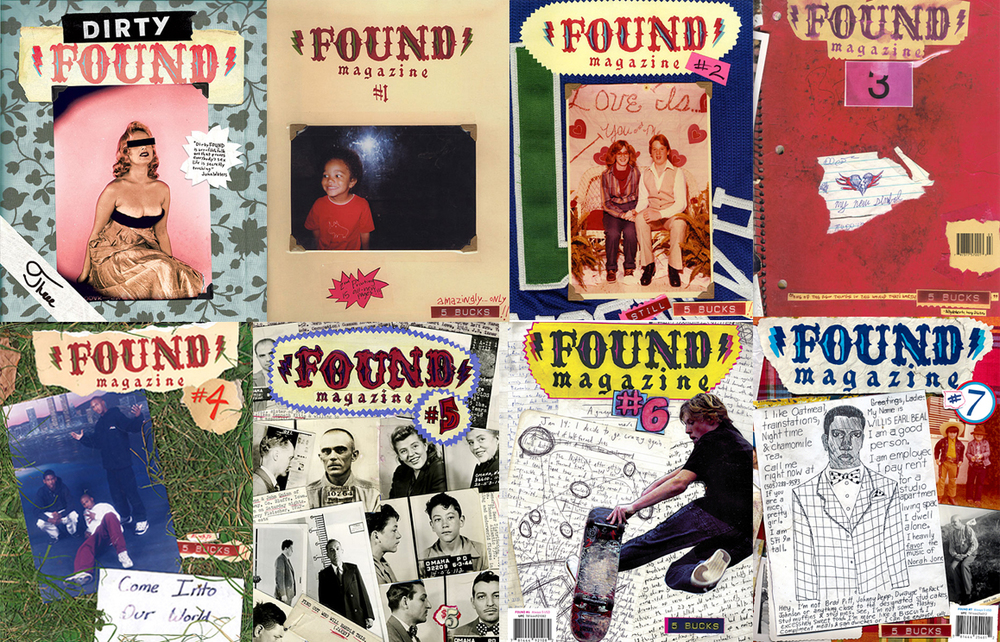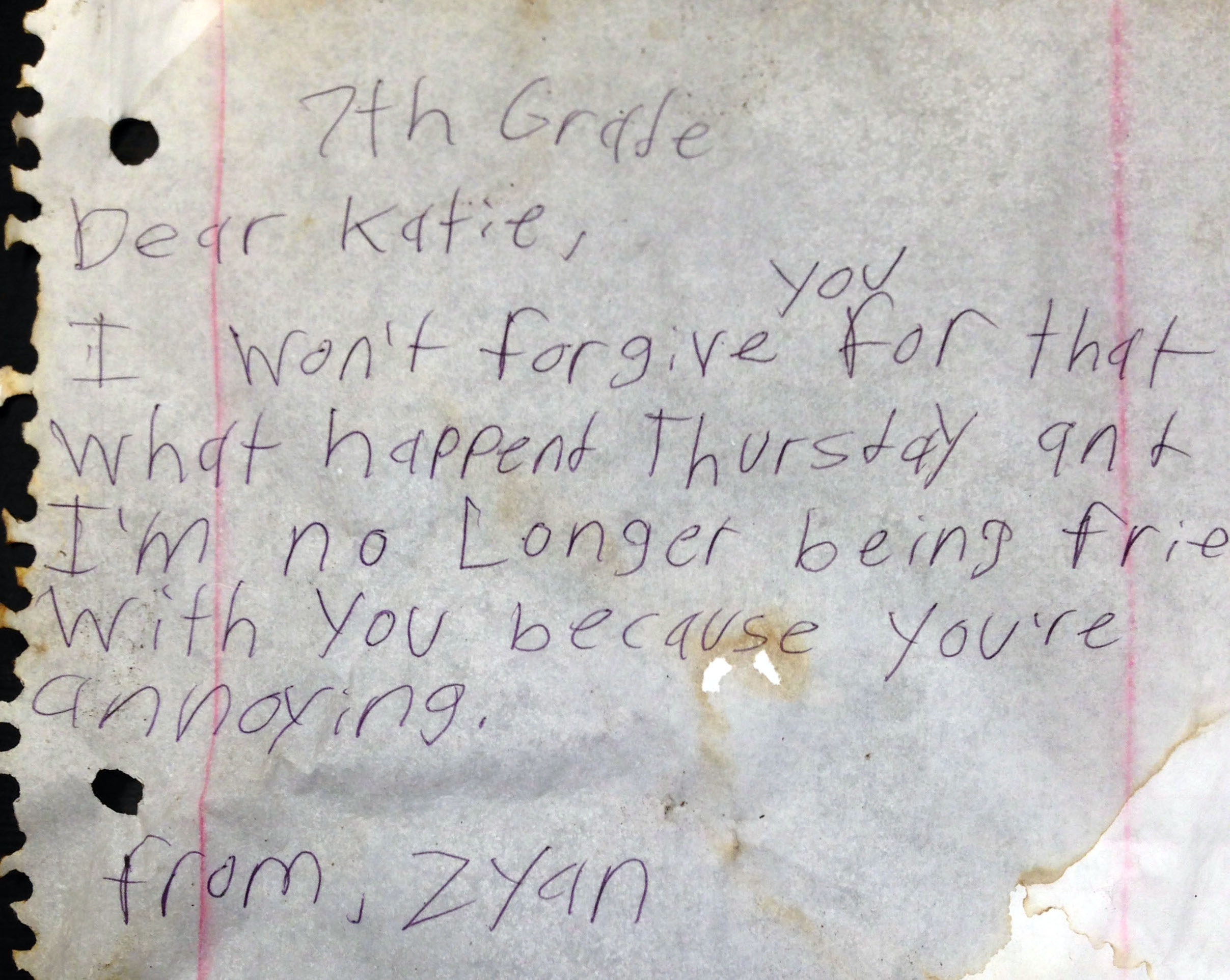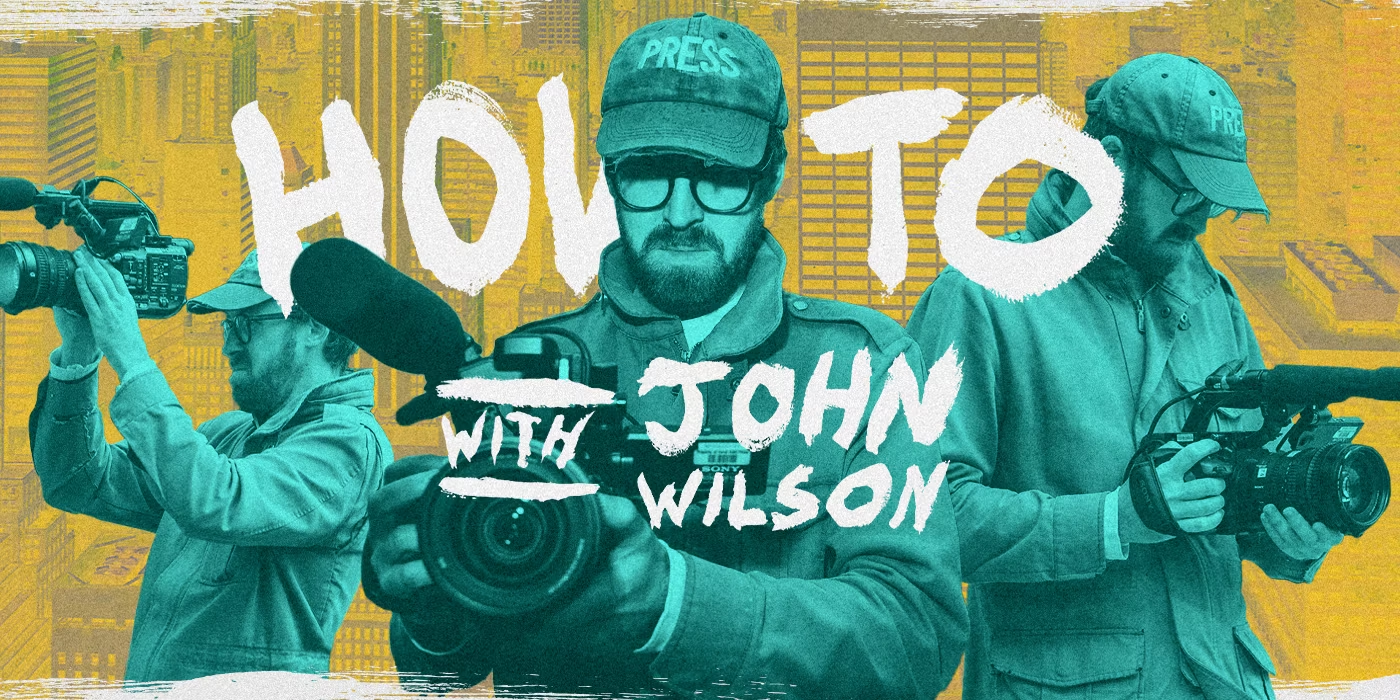This is a small survey of a band, a magazine, and a show that each provide unique lenses into our world. Absent celebrity, each of them forage their way through humanity’s discards, revealing to us emotions that are truer to our spirit and more honest about our struggle.
The Books
The Books were a musical duo that made music from found sound recordings. Like a collage, bits of old cassette tapes discovered at garage sales, thrift stores, and thrown out are pieced together through melody with minimal instrumention to create emotional, sonically beautiful tracks.



This mosaic of found sound and vocal samples in large part created a music genre of its own. Well, mostly. I think most of us have heard those tracks that kickstart or bridge their songs with an audio clip taken from some movie or speech. But The Books did this to the extreme, mixing these sounds into their songs as their own instrument.
The Books - Smells Like Content (3:42)In fact, each track is filled with an unimaginable number of recordings–sounds that bleed with every emotion of the original, forgotten storyteller within them. There are also aleatoric takes (re: “by digitizing sound and thunder”) that fold more natural sounds in, but not like Stomp or Anathallo.
What compelled me most was the unscripted essence of the recordings. I wondered about the people that may have listened to some of those source tapes on long road trips, or recorded there. Like archives of thoughts from carpeted basements, strung together from one fried thought to the next.
The Books - All Bad Ends All (2:42)Found Magazine
Found Magazine was created by another duo, based in Ann Arbor, Michigan whose pages were each a collage of scrap notes and photos sent in to them. In it, glimpses of everyday minutia are scanned into its pages, without continuity, often bearing the weather and stains obtained in journey from the trash.
Amid a probable banality, the subjects of these clippings range anywhere from odd grocery store requests to people dealing with heavy topics like abortion, divorce, and suicidal thoughts. I was in my very early twenties when my friends introduced me to it, and while I had every opinion imaginable about the world, I certainly didn’t suffer any of the experiences these notes conveyed.
There was sheer earnesty to them: a glimpse into worlds you couldn’t ever possibly live. People’s experiences simultaneously made out to be both relatable and unlivable.
It is no wonder why this magazine was so popular in the US penal system. Shy of living in it, it’s these discards that are made to share our bond. To me, there is an inner nature here lost in most documentaries (ugh, Netflix), let alone all reality TV shows: they are over prompted and epicly driven. But the stories in Found were of a different species, one that was free of slant, rich in humor, tied deeply in emotion and all of our imperfections.
How To with John Wilson
Arguably the most inaccurately titled show ever, John Wilson sets out in New York City with nothing but his video camera, as he has done since he was a child, recording literally everything. In his docuseries How To with John Wilson, there are shots of spills and overflowing trash, candid public moments and private invitations, people spontaneously napping or ritualistic maneuvers that all walks of city life take. But moreso, it’s the profoundly deep cuts into the human experience accompanying the imagery that make it so special.
YouTube: How To with John Wilson - Touch and GoWhat I loved about this show, which thankfully made it to (but sadly ended in) three seasons, was the juxtaposition of Wilson’s unpolished interview/questioning skills with a carefully well thought-out narrative. There is an incredible mastery of using random, second-long bits to string together larger, much broader points about our experiences in the world.
The travelogues benefit from people living in tight proximity in an entirely manmade habitat: The City. Even when journeying out West (I forgot why?) to fail in filming Burning Man, Wilson somehow winds up inside an underground, decommissioned nuclear launch bunker that feels just as claustrophobic and unnatural as the city he’s escaped.
Conclusions
While unfortunately these mediums aren’t widely known nor around anymore, I think about them often when I forage for different things on my hikes. So maybe I’m intrigued by The Books, Found, and John Wilson for a similar lust, that it hits such a similar psycological mechanism is probably no accident.
I think about random notes I’ve found, the content of which often surprised me. I also imagine all the little notes I’ve lost whose finder must have been just as confused upon reading. I guess that’s my larger wonder. We don’t always know who our audience is. And I think that’s actually quiet wonderful.



